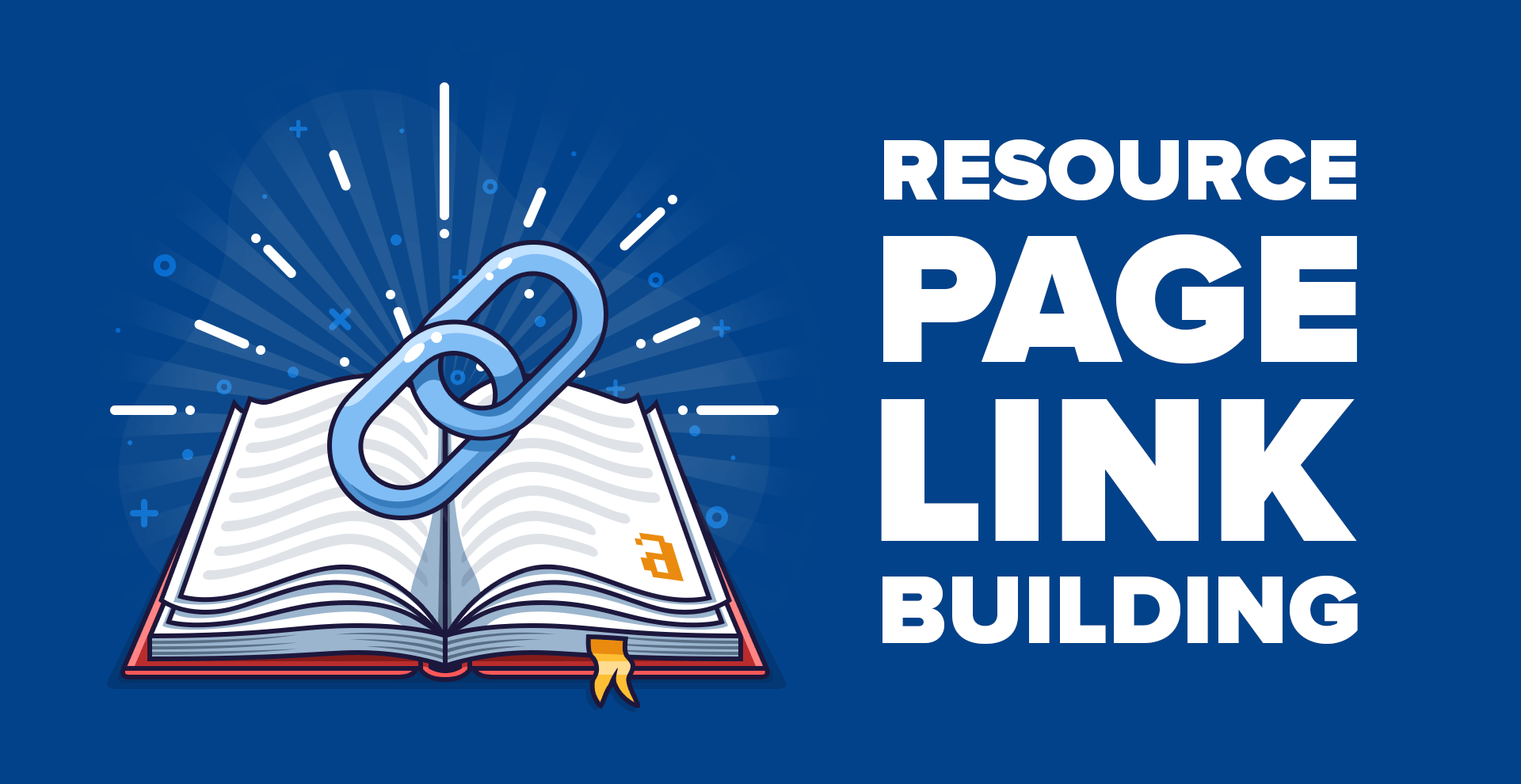2023
what is resource page link building?

Resource page link building is a popular and effective technique used by digital marketers to increase website traffic and improve the website’s search engine rankings. This type of link building involves placing links to your website on high-quality resource pages within your niche. In this article, we will discuss the various aspects of resource page link building, including its definition, benefits, and best practices.
Definition of Resource Page Link Building
Resource page link building is a technique where you place links to your website on high-quality resource pages within your niche. These resource pages are web pages that provide valuable information, resources, or tools related to a specific topic or industry. The goal of resource page link building is to increase your website’s visibility and drive more traffic to your site.
Benefits of Resource Page Link Building
Resource page link building can offer several benefits for your website, including increased visibility, increased traffic, and improved search engine rankings. By placing links to your website on high-quality resource pages, you can reach a wider audience and get more exposure for your brand. Additionally, resource page link building can also help you establish your website as an authoritative source of information within your niche, which can improve your search engine rankings.
How Resource Page Link Building Works
Resource page link building works by placing links to your website on relevant resource pages. To do this, you need to find resource pages within your niche that are related to your website’s content and are of high quality. Once you have identified these resource pages, you need to reach out to the webmasters or editors and request that they include a link to your website on their resource page.
Factors to Consider When Choosing Resource Pages
When choosing resource pages for your link building efforts, there are several factors that you need to consider. These include the relevance of the resource page to your niche, the quality of the resource page, and the authority of the resource page. To ensure that your link building efforts are effective, it’s important to choose resource pages that are relevant to your niche and are of high quality and authority.
Approaching Resource Page Owners
Once you have identified the resource pages that you want to target for your link building efforts, you need to reach out to the owners or editors of these pages. When reaching out, it’s important to be professional and provide a compelling reason for why they should include a link to your website on their resource page. You can provide valuable content, such as an article or resource, to make your request more compelling.
Best Practices for Resource Page Link Building
To ensure that your resource page link building efforts are effective, there are several best practices that you should follow. These include targeting resource pages that are relevant to your niche, providing valuable content, being professional and respectful when reaching out to resource page owners, and building relationships with resource page owners. Additionally, you should also regularly monitor your links and remove any links that are no longer relevant or of high quality.
Pitfalls to Avoid in Resource Page Link Building
While resource page link building can be a very effective technique for increasing website traffic and improving search engine rankings, there are also several pitfalls that you need to avoid. These include targeting resource pages that are not relevant to your niche, being too aggressive or spammy when reaching out to resource page owners, and not regularly monitoring your links. To ensure that your resource page link building efforts are effective and successful, it’s important to avoid these pitfalls.
Measuring the Success of Your Resource Page Link Building Efforts
To determine the success of your resource page link building efforts, you need to regularly monitor your website’s traffic and search engine rankings. By tracking these metrics, you can determine if your link building efforts are paying off. You can also use tools such as Google Analytics to track the performance of your resource page links and see how much traffic they are driving to your website. Additionally, you can monitor your website’s search engine rankings to see if your resource page links are having a positive impact on your search engine visibility.
In conclusion, resource page link building is a valuable technique for increasing website traffic and improving search engine rankings. By placing links to your website on high-quality resource pages within your niche, you can reach a wider audience and establish your website as an authoritative source of information. When approaching resource page owners, it’s important to be professional, provide valuable content, and follow best practices for link building. By avoiding common pitfalls and regularly monitoring your link building efforts, you can ensure the success of your resource page link building campaign.

